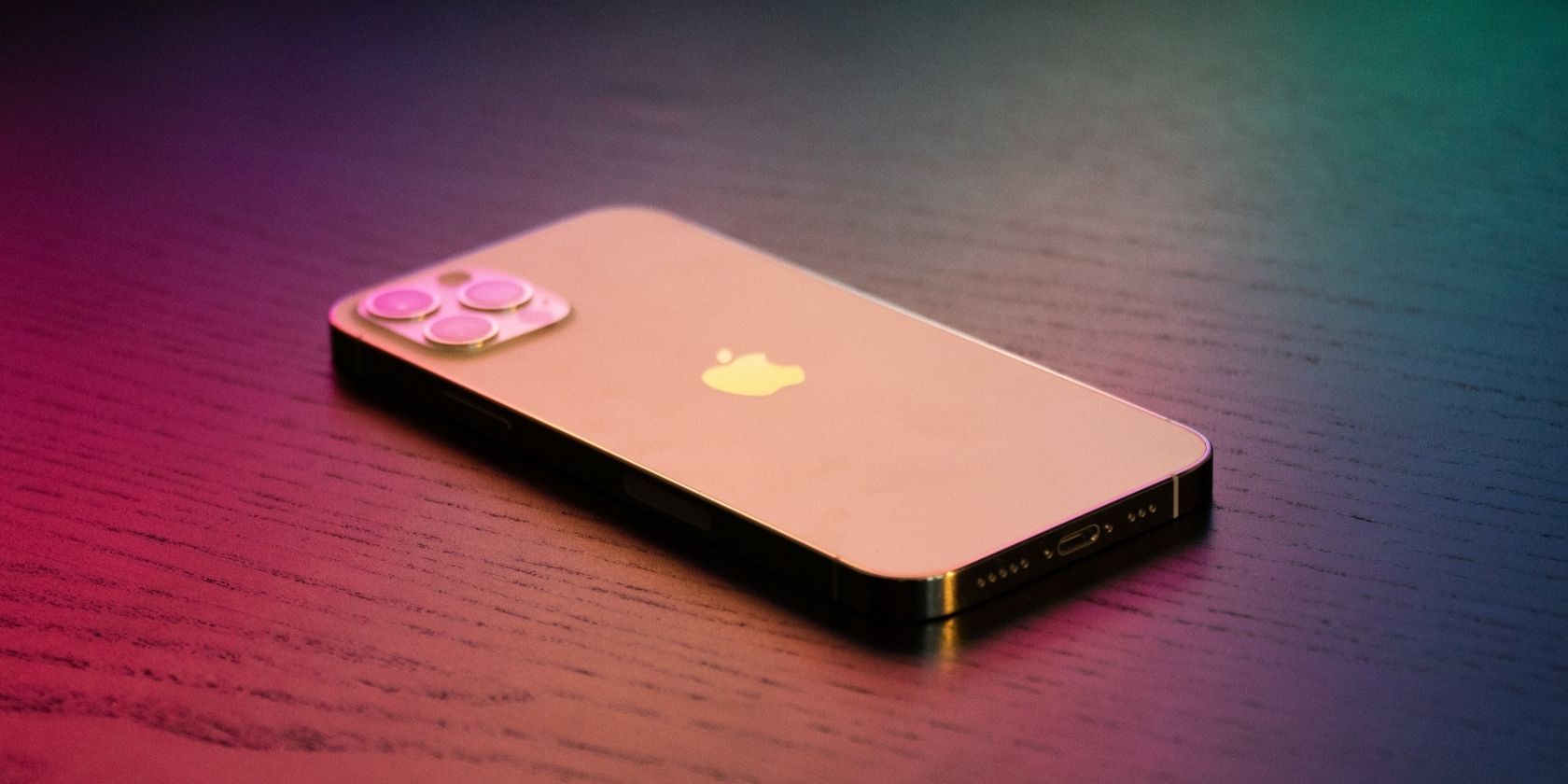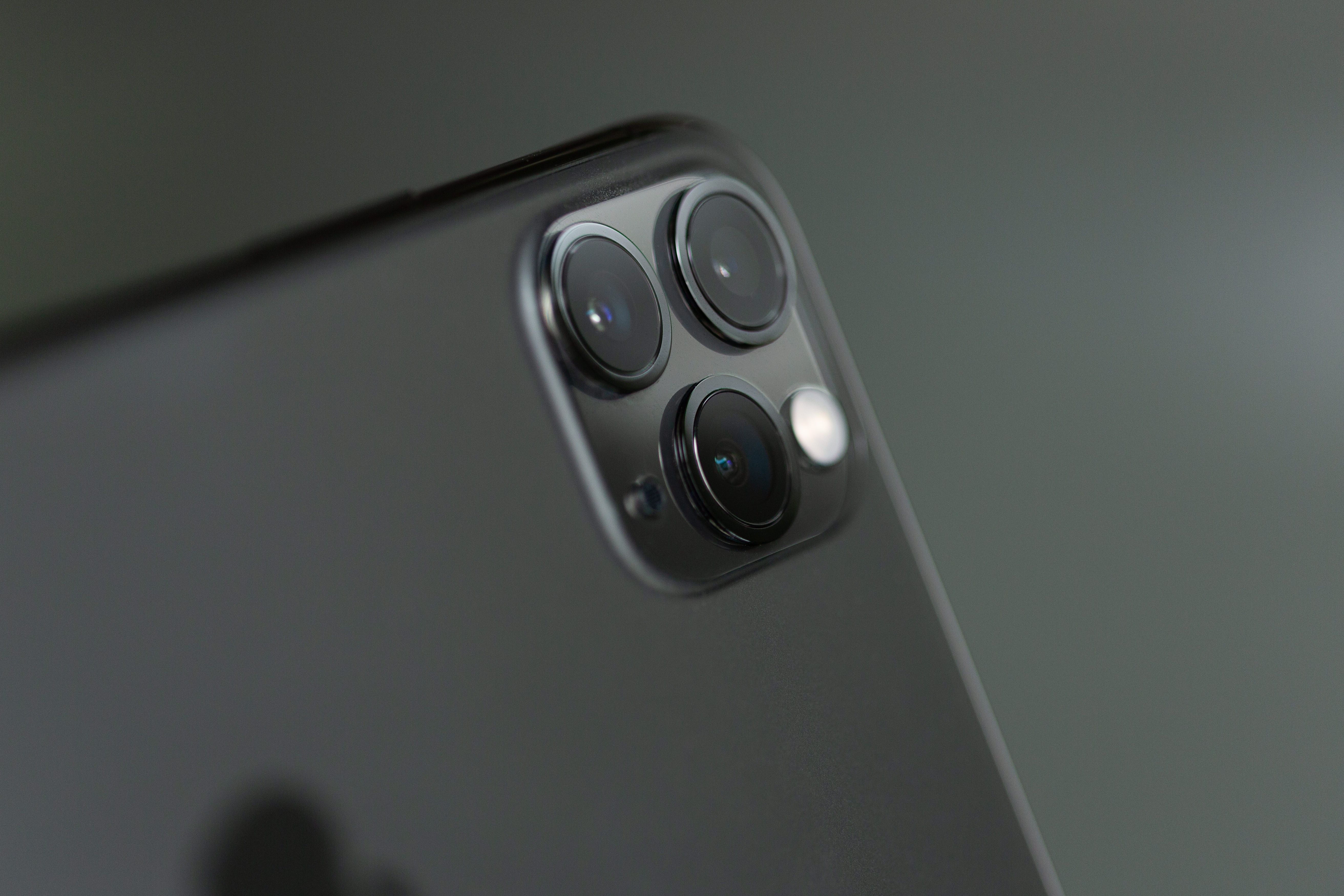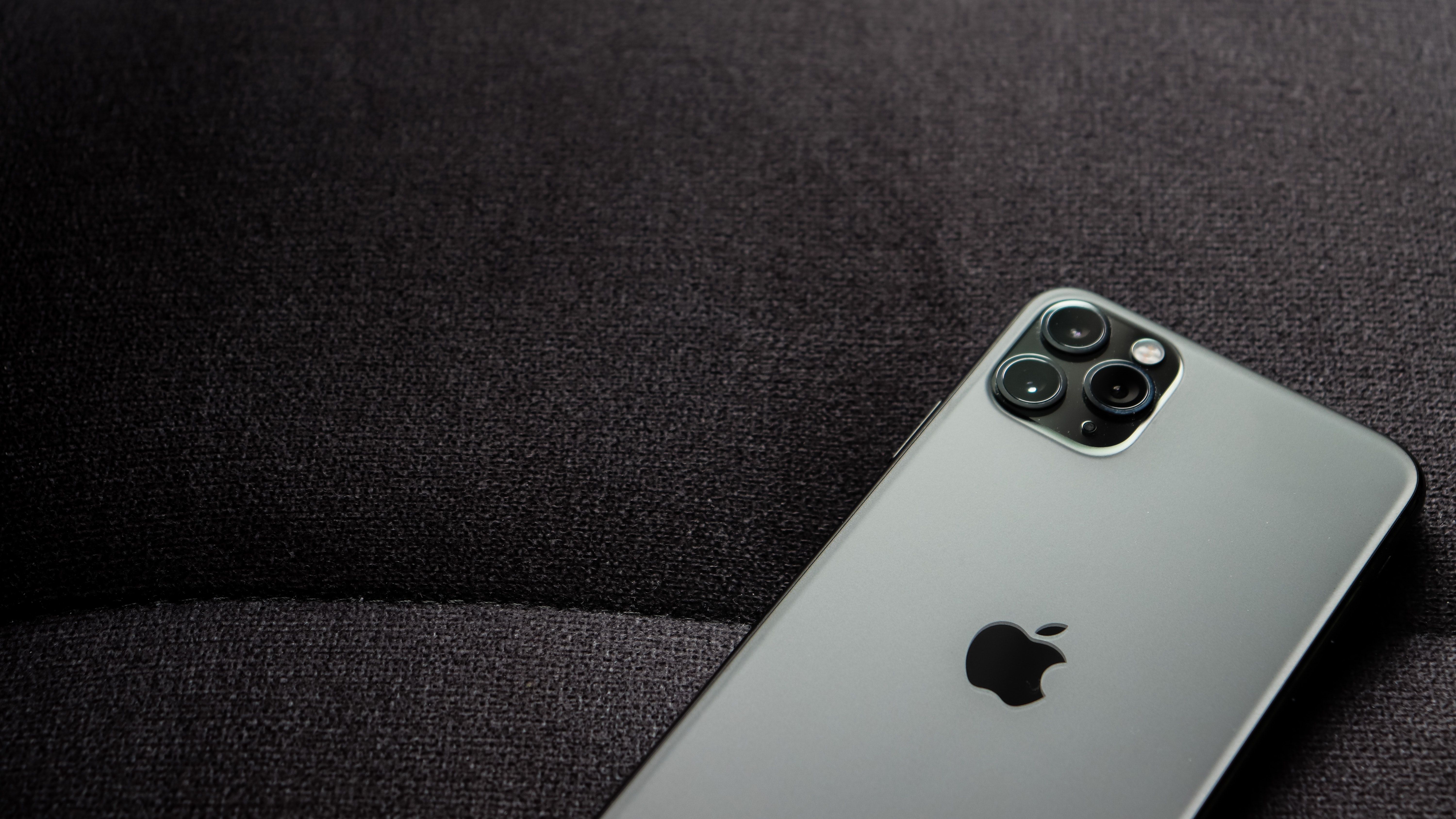You’ve got to admit, iPhones are pretty expensive. That is why many iPhone users do everything they can to protect their iPhones from any damage—hence the popularity of covers and protectors.
Included in this set of protective gear are iPhone lens protectors, which aim to keep your iPhone’s camera lenses from getting scratched.
With thousands of options on the market, finding the right one for your phone may come as a challenge. In this article we’ll explore what features you should look for in a camera lens protector for your iPhone.
What Is an iPhone Lens Protector?
An iPhone lens protector is a thin, transparent plastic or glass cover that is placed over the surface of your iPhone’s camera lens. Lens protectors aim to protect your camera lenses from scratches and cracks.
However, many people say they are unnecessary since the iPhone’s rear cameras are made of sapphire, or similar, which is graded nine on the Mohs hardness scale, making it very hard to scratch in the first place.
Critics also say that their iPhones are unlikely to drop perfectly flat on the camera lens, making it unnecessary to protect them from shattering. Moreover, if your iPhone has a case, the added thickness should be enough to ensure that the lenses won’t hit the surface when you lie your iPhone flat on a table.
What to Look For in an iPhone Lens Protector
However, the iPhone’s camera is one of its greatest assets, so it’s understandable if users want to take extra caution in taking care of the camera lenses.
If you’re one of those people who just want to be on the safe side, here are some features you should look for when buying a lens protector.
Coverage
Lens protectors come in all sizes. Some come as individual protectors and fit perfectly on the lenses themselves, while others cover the entire camera system. What’s good with the individual lens protector is that this style eliminates issues of the flash being blocked.
Ensure that the lens protectors are the right fit for your lenses to be certain that they won’t block the lenses themselves or the flash. Also, some protectors may not be case-friendly or compatible with the iPhone case you’re using, which may affect its installation and fit.
Thickness
If the lens protector is too thin, it might cause interference and stop light passing through the lens as seamlessly. This may lead to glare issues and other light distortions in your shots, like light rays and orbs.
However, these issues only come where you’re taking photos directly from the light source. Otherwise, your images are safe.
Hardness
Like screen protectors, lens protectors are measured for their hardness. Their hardness is the quality responsible for protecting your iPhone lens camera from scratches and scuffs. Most products in the market come with labels like 3H, 5H, and 9H, with higher numbers indicating more hardness.
However, some manufacturers use false advertising and state their hardness based on a different scale, the graphite scale, instead of the Mohs scale. Keep an eye out to catch this when it happens.
Adhesion
One of the most annoying aspects of screen protectors are the bubbles. Protectors that do not stick well on the camera surface can easily be moved around—hence the appearance of bubbles. Be sure to check reviews to learn if other users have these problems with your chosen protector.
Style
One of the main reasons why people buy lens protectors is for aesthetics. Having lens protectors with matching or complementary colors with your iPhone’s color or its case is an eye candy. Most lens protectors come in a variety of colors. Some are even studded with gems.
Coating
Similar to screen protectors, some lens protectors have an oleophobic coating that repels oil, smudges, and fingerprints. This is a great idea for a lens protector to keep your photos clear of fingerprints.
Warranty
Whether protectors really do their jobs or not, it’s always a good thing to have a warranty. While most products have one-year warranties, some manufacturers offer a lifetime warranty.
So even if critics say that lens protectors offer nothing but a false sense of security—why not get them if there’s a lifetime warranty anyway, right?
Added Protection or Unnecessary Expense?
Many would argue that rear camera lens protectors do nothing for your phone and are an unnecessary expense. However, if having an extra layer of protection gives you peace of mind, then you that is a good enough reason to get one.
Just make sure that you get the kind that does not interfere with the camera’s functions and are strong enough to do their job of protecting your iPhone’s camera lens.



